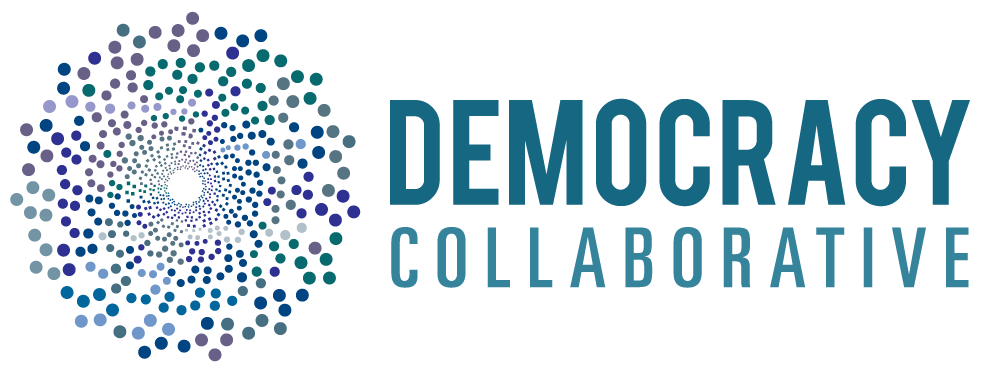Community Wealth = Community Health
Our current economy creates ill health. Even in economically prosperous countries with advanced healthcare systems, health problems remain stubbornly persistent because the conditions for health and wellbeing are not available to all. To address this misery for millions, it is inadequate and expensive to merely focus on the effects of ill health, instead we can and must dig deeper into the social and economic determinants that cause ill health in the first place. This new study on community wealth building(CWB) in Preston England illustrates the positive effects that this progressive local economic program has had on ill health and specifically, on mental health.
CWB is a concept and practical model that addresses the crises we face within the economic system: concentrated ownership, wealth extraction, poor labor conditions and wages, environmental degradation, and structural social and racial injustice. CWB confronts these crises by intentionally building an economic system where broad and democratic ownership triggers greater equity, social and racial justice. It achieves this through its five pillars of direct intervention into local economies.
It is already well-established that economic inequality is a key determining factor in population ill health, and that a more just economic system is better for our health. In this, CWB recognizes and focuses on wealth concentration and income inequality as a route to improving life chances and reducing death rates.
Community Wealth Building tackles the social determinants of ill health by transforming the local, regional and national economic systems, making radical shifts within economic development policies and practice. CWB in Preston is ten years old, and this ongoing study has considered the mental health impacts of CWB. It shows some modest but encouraging results compared to expected trends – with the introduction of the CWB program associated with a 3% decline in antidepressant prescribing, a 2% decline in the prevalence of depression, along with a 9% improvement in life satisfaction.
What we are seeing here is a local economic programme that is addressing factors which create stress and contribute to illness in the first place. In Preston, low wages were a key stressor and CWB work policies helped create an 11% increase in wages. However, in Preston and beyond, CWB is also working to address financial and economic insecurity by increasing the number of people who have a genuine ownership stake within the economy.
Participation in the economy is broadly understood to be positive for health & wellbeing as it not only addresses poverty and low wages, but also gives us a sense of control and agency over our own lives. We know that the lower down a worker is in the hierarchy of his workplace, the worse they are likely to fare in terms of physical and mental health. So having more of a stake in the economy is key in replacing insecurity and helplessness with hope, optimism and improved health. What is being revealed through CWB is not just the importance of being focussed on the redistribution of wealth in the economy, but also pre-distribution, with a broadening of employee ownership and control producing positive impacts on health and wellbeing.
This matters in policy terms. Indeed whilst direct medical care only accounts for around 20% of variation in health outcomes, socioeconomic status, the environment (built and& natural), quality of housing, education and labor conditions can account for up to variations 50%. This is the reason why we have seen some in public health and in Community Wealth Building more generally, look much more deeply at what health institutions can do in their own right regarding their role as economic agents within the local economy.
All of this relates to ‘upstream’ preventative considerations of health as opposed to ‘downstream’, when problems of health are likely to be more acute, critical and expensive for both individuals and the state–and largely predetermined.
The economy is a key determinant in our lives, our health, the type of life we live and how long we can enjoy it. To live long and healthy lives, we must alter the economic system, and thus address the key factors that cause such ill health in the first place - inequalities in wealth and income and lack of control. CWB as a local economic system change program offers a means by which we turn the dial on our local economies, reduce wealth extraction and concentration and thus deliver health for all.

